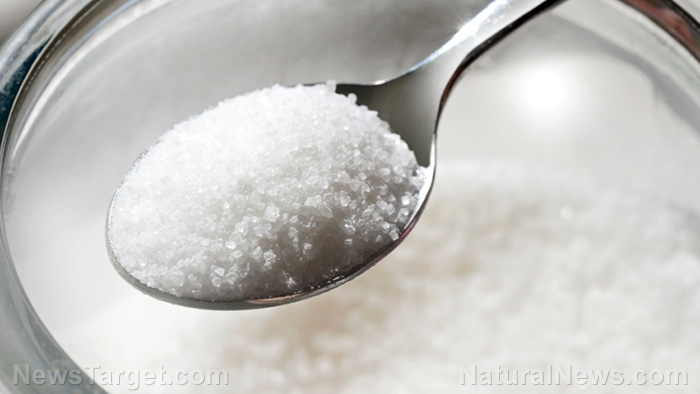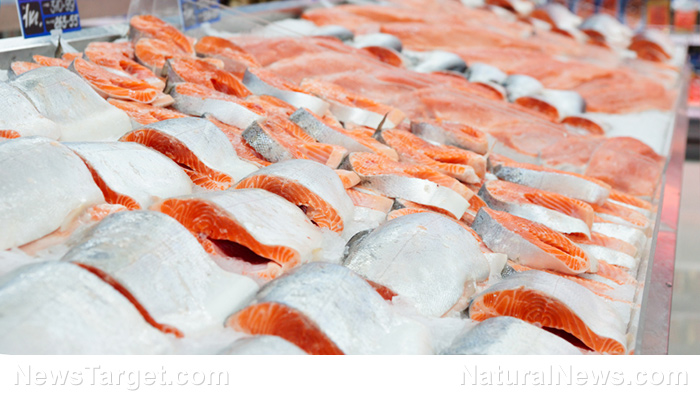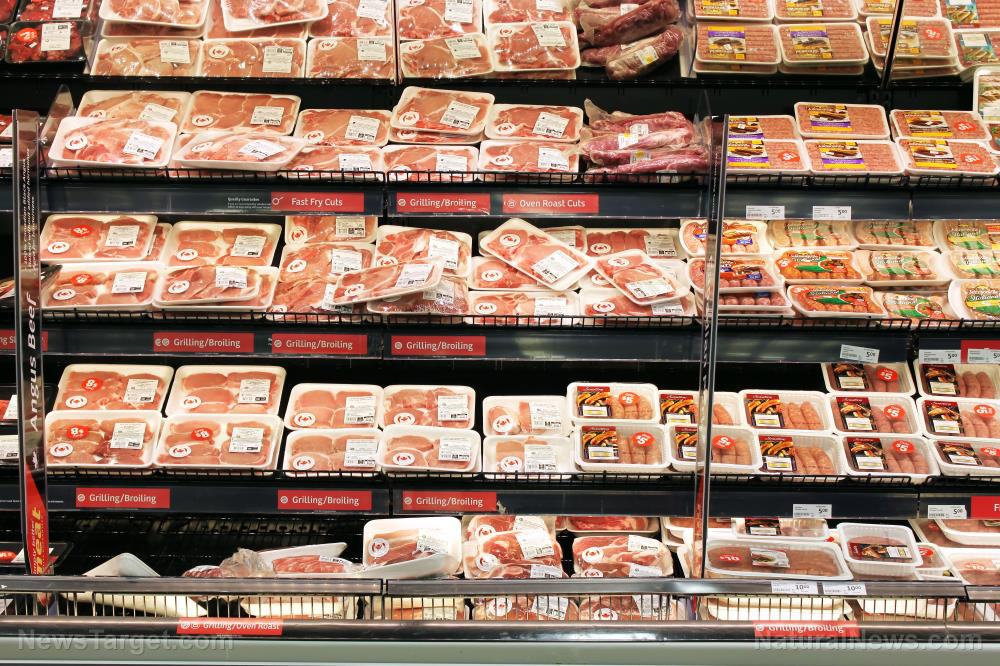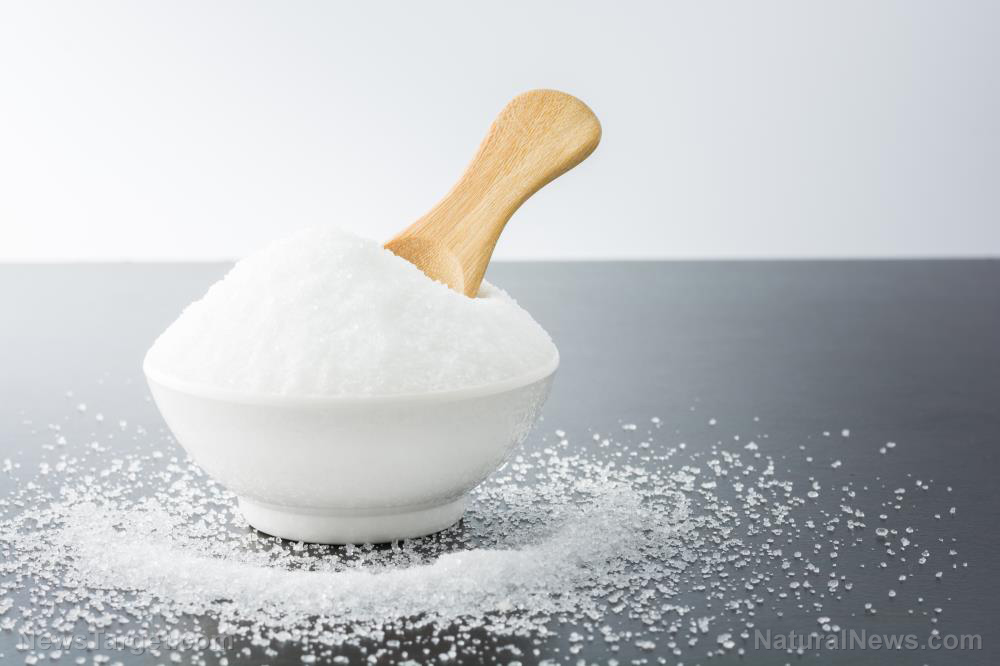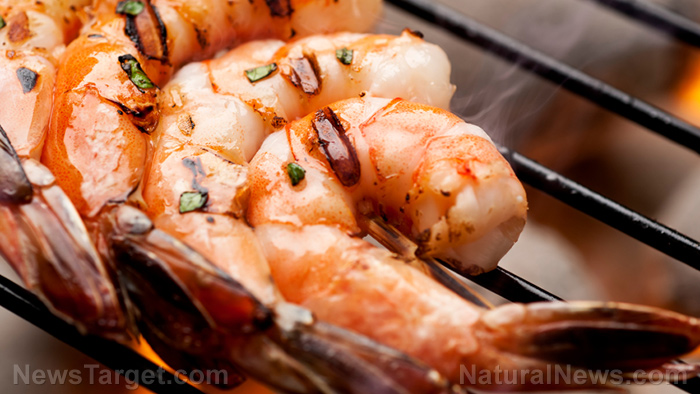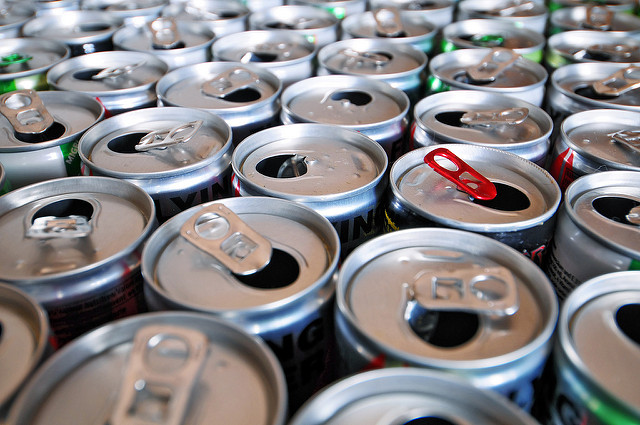Keep your gut healthy and clean by avoiding these 4 types of food
07/09/2020 / By Virgilio Marin

It pays to be careful with what you eat, as this can either feed “good” bacteria in the gut or promote the growth of harmful species; the latter, in particular, can lead to diseases even in areas beyond the gut.
The gut is teeming with all types of bacteria. Some of these are “good” bacteria, which aid in digestion and help boost your immune system. Bifidobacteria and Lactobacilli, for example, are good bacteria that help seal gaps between intestinal cells and prevent leaky gut syndrome.
On the other hand, the gut also contains “bad bacteria,” which contribute to diseases like irritable bowel syndrome (IBS), which damages the gastrointestinal tract, and inflammatory bowel disease (IBD), which causes the bowel wall to swell up.
4 Types of food that harm your gut health
It’s worth noting that while many foods may be scrumptious, these can be damaging to your gut later on. It’s important to know which of these foods to avoid to keep your gut healthy. (h/t to MedicalNewsToday.com)
Animal proteins
The most common dietary sources of animal protein include chicken, pork, lamb and beef. While adding these to your diet confers your body with many nutrients, too much animal protein can lead to unwanted changes in the gut.
A cohort study published in the American Journal of Gastroenterology concluded that eating too much animal meat and fish increases a person’s risk of developing IBD, especially in women. Meanwhile, another study from the University of Florence found that children who ate a high-fiber diet had more “good” gut bacteria that are linked to lower inflammation. Conversely, those who are more meat had more bacteria associated with inflammation and disease.
In addition, eating too much red meat not only harms the gut, but it also increases the risk of cardiovascular disease, according to an intervention study in the European Heart Journal. In their report, researchers found that a diet rich in red meat can increase trimethylamine N-oxide, or TMAO, levels in the body, which is linked to atherosclerosis and heart disease.
High-FODMAP foods
FODMAP are short-chain carbohydrates that are resistant to digestion. The name stands for “fermentable oligo-, di-, monosaccharides and polyols.”
Some examples of high-FODMAP foods include:
- Processed foods containing high fructose corn syrup, sorbitol, and other artificial sweeteners
- Sweetened fruit juices
- Condiments, such as jam, relish, and hummus
For people with IBDs like Crohn’s disease and ulcerative colitis, going on a low-FODMAP diet can relieve unpleasant digestive issues.
It’s worth noting at this point that many healthy foods also contain FODMAPs – some examples include figs, apricots and avocados – and people who can tolerate these types of carbs shouldn’t avoid them. (Related: Beat digestive problems with the FODMAP plan.)
Foods with antibiotics
In the U.S., about 80 percent of all antibiotics sold in a year are used for animal agriculture. The practice is controversial: Farmers treat livestock – chicken, pig, beef cattle, sheep and turkey included – with antibiotics to protect them from serious diseases.
However, medical experts have warned that the practice also exposes people to excessive levels of antibiotics, which can disrupt the body’s natural defense mechanisms. Even short-term intake of antibiotics, according to studies, can change the bacterial composition of the gut for up to four years.
Excessive exposure to antibiotics can also promote antibiotic resistance. This happens when bacteria that are repeatedly exposed to antibiotics evolve to resist the drugs designed to kill them. While these can remain for months in the gut without causing any symptoms, they can cross the gut barrier – the protective lining that keeps toxins and harmful microorganisms out – and into the bloodstream to disastrous effects.
Fried foods
Many fried foods – fries, fish, chicken sticks and cheese sticks – are low in fiber. They are, however, rich in harmful trans fats and are cooked at a high boiling point, causing changes in the chemical structure of fats. This makes fried foods harder to digest.
Because they move through the body quickly without proper digestion, fried foods can lead to diarrhea. They also stay in the digestive tract longer, making you feel bloated and full.
When you eat a lot of fried food, your liver is also affected, causing gastrointestinal problems and undermining your overall health. It’s best to have a balanced diet for a healthy and clean gut.
Visit Food.news for more tips on a healthy gut.
Sources include:
Tagged Under: animal protein, animal-based foods, Antibiotics, FODMAP, fried food, gastrointestinal diseases, gut bacteria, gut health, inflammatory bowel disease, irritable bowel syndrome, nutrients, trans fats, unhealthy food
RECENT NEWS & ARTICLES
StopEatingPoison.com is a fact-based public education website published by Stop Eating Poison Features, LLC.
All content copyright © 2018 by Stop Eating Poison Features, LLC.
Contact Us with Tips or Corrections
All trademarks, registered trademarks and servicemarks mentioned on this site are the property of their respective owners.

